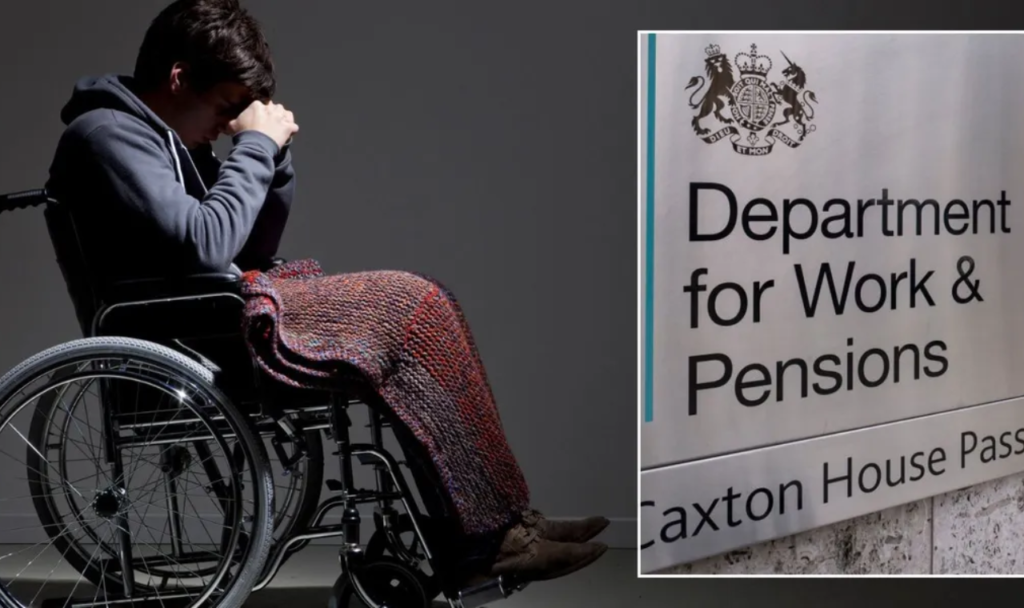Proposed welfare reforms by the Department for Work and Pensions (DWP), aiming to slash billions from the UK’s benefits system, are now under intense scrutiny. Mounting opposition within the Labour Party, public concern, and regional backlash have placed the plans in jeopardy, with an internal inquiry reportedly underway.
What Are the Proposed DWP Reforms?
The Labour government recently unveiled proposals to overhaul key areas of the UK welfare system, targeting benefits such as Personal Independence Payment (PIP) and Universal Credit. These changes are part of a broader plan to reduce welfare spending by up to £5–6 billion per year by 2030.
Some of the proposed changes include:
- Stricter eligibility criteria for PIP: New assessments would make it more difficult for people with certain mental health conditions or “milder” disabilities to qualify.
- Reforming Universal Credit calculations: Adjustments that may reduce entitlements for certain groups, particularly long-term claimants.
- Freezing or capping benefit levels: Some benefit amounts may be frozen or increased at lower rates than inflation.
For details on existing benefits and eligibility, visit the official PIP and Universal Credit pages on GOV.UK.
Why Are the Reforms Controversial?
The government argues that the proposed changes are necessary to encourage more people to return to work and reduce long-term dependency on the state. Ministers also claim that the welfare system is being misused by people who are capable of working but choose not to.
However, these reforms have sparked intense criticism for several reasons:
- Impact on disabled and mentally ill individuals: Critics argue the cuts unfairly target vulnerable people who rely on PIP to maintain a basic standard of living.
- Increased poverty risks: Anti-poverty organisations warn that reductions in Universal Credit could push more households below the poverty line.
- Timing and economic context: With the cost of living still high, many say this is the worst time to cut benefits.
Organisations such as Disability Rights UK and The Joseph Rowntree Foundation have voiced strong opposition, urging the government to reconsider.
Backlash From Within Labour
While these plans are being developed by the Labour government, they have not been universally welcomed within the party. Reports suggest significant divisions between key Labour ministers over how far the cuts should go, particularly regarding support for people with mental health issues.
Senior Labour MPs are reportedly pressuring the government to rethink the proposals. An internal inquiry is said to be underway, reflecting growing concerns that the reforms could damage Labour’s reputation among its traditional support base.
Concerns in Wales and Other Regions
Another flashpoint is regional inequality. Welsh Labour leaders have criticised the proposed reforms, noting that Wales has a higher proportion of people reliant on disability benefits than many parts of England. According to them, the cuts would disproportionately impact Welsh communities and exacerbate existing economic challenges.
Welsh Labour’s concerns add to the broader tension between Westminster and devolved governments over the fairness of welfare policy.

Public Response and What Happens Next
The UK public has responded with a mixture of concern and confusion. Many people are unsure how the reforms might affect them and whether they could lose essential support. Advocacy groups have called for clarity and transparency from the DWP.
If implemented as planned, the changes would represent one of the most significant shifts in the UK welfare system in over a decade.
However, given the current internal inquiries, the public backlash, and political pressure from within Labour ranks, it remains to be seen whether the full scope of the cuts will proceed.
Where to Find Help and More Information
If you’re currently receiving PIP or Universal Credit and are concerned about the proposed changes, here are some helpful official links and resources:
You can also contact your local MP or constituency office if you’re worried about how changes might impact you.
Final Thoughts
The government’s welfare reform plans highlight a broader tension between balancing the budget and protecting the most vulnerable in society. While cost-saving is a legitimate goal, any changes that risk deepening poverty or excluding people from necessary support systems must be carefully reconsidered.
As the Labour government faces pressure from within and outside Parliament, and with an inquiry reportedly underway, the future of these DWP cuts remains uncertain.
One thing is clear: the conversation around welfare in the UK is far from over, and its outcome will directly affect millions of people across the country.

Pankaj Kumar is a journalist at Chandigarh X, covering admit cards, recruitment, and government schemes. His articles provide readers with detailed insights into application processes, eligibility, and exam updates.
Outside of work, Pankaj enjoys traveling, fitness, and cricket, often participating in local matches on weekends.



